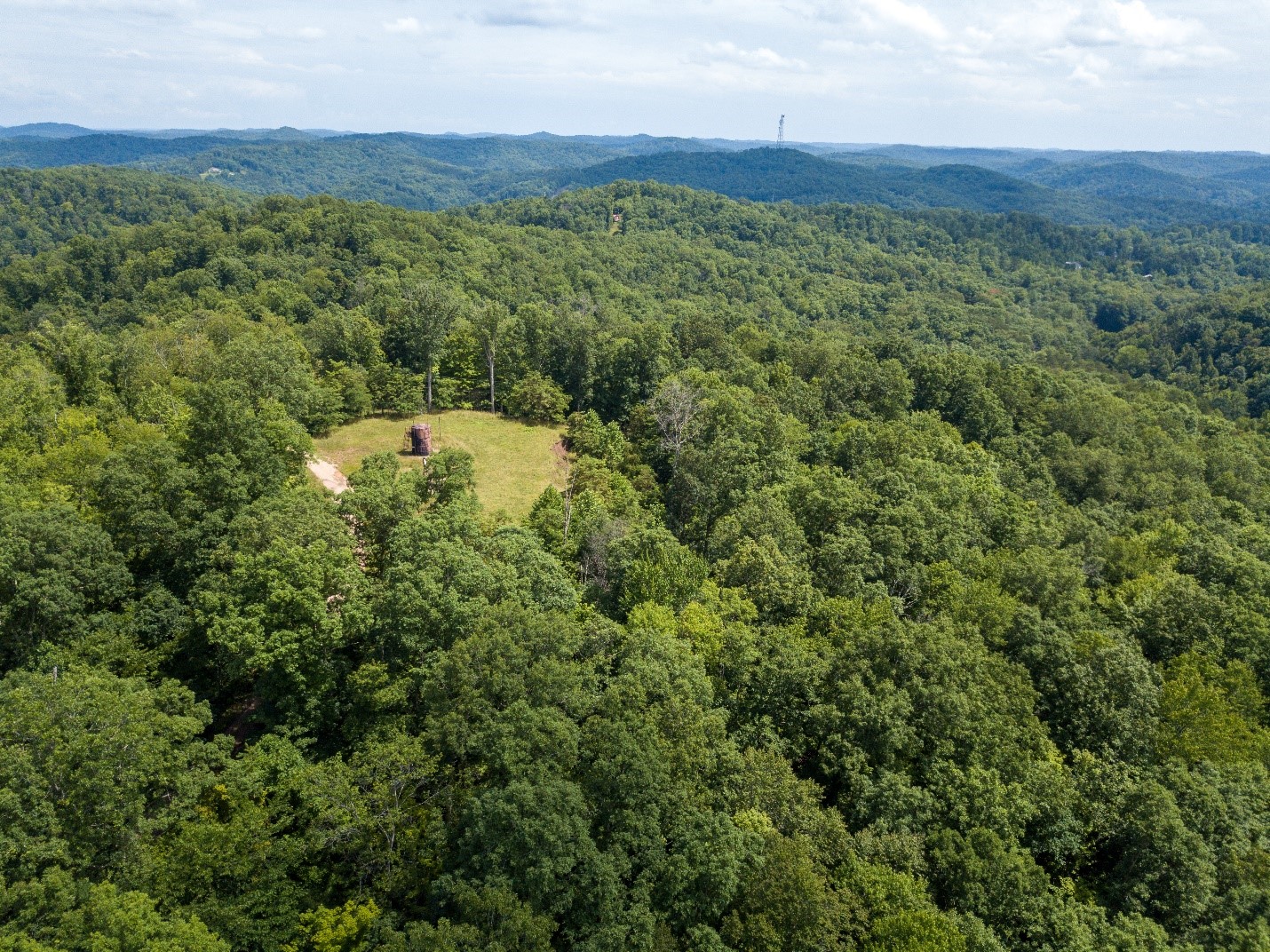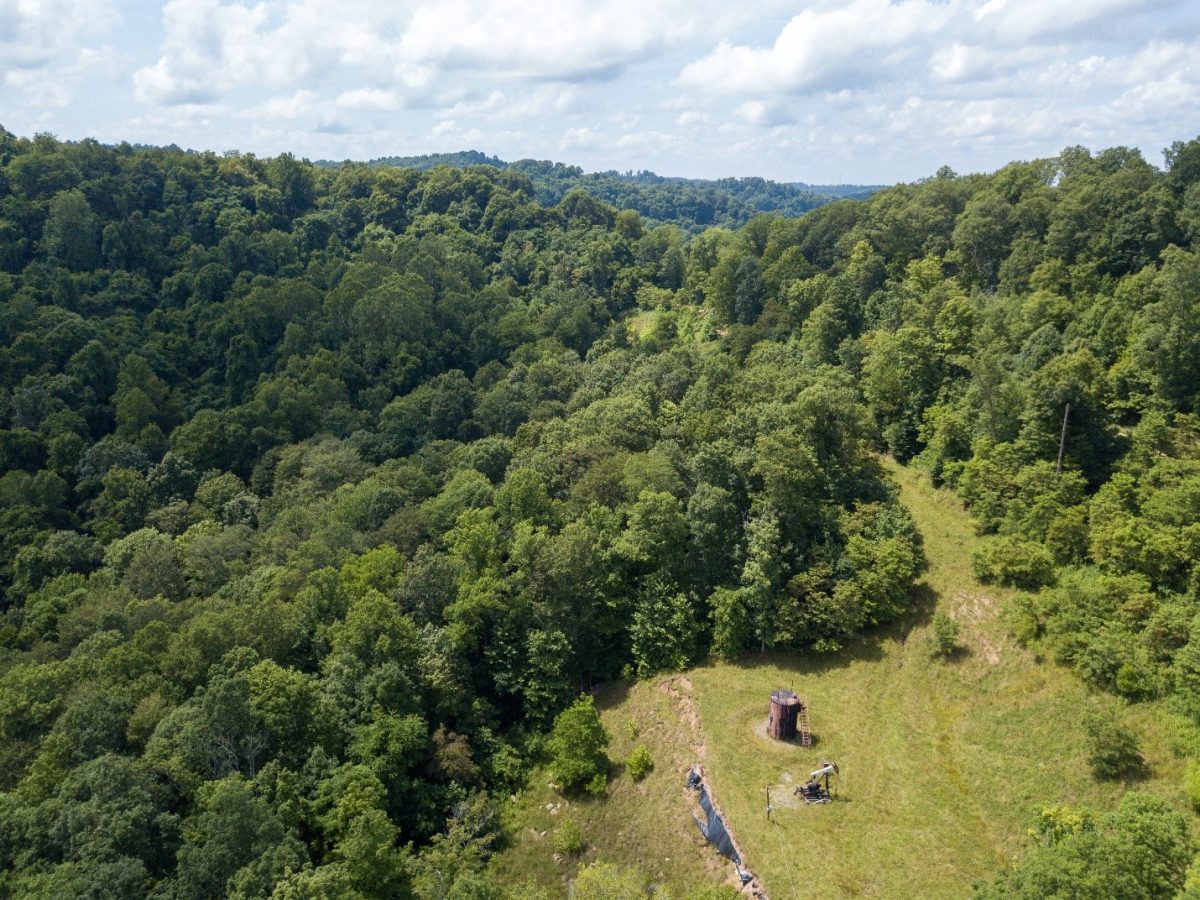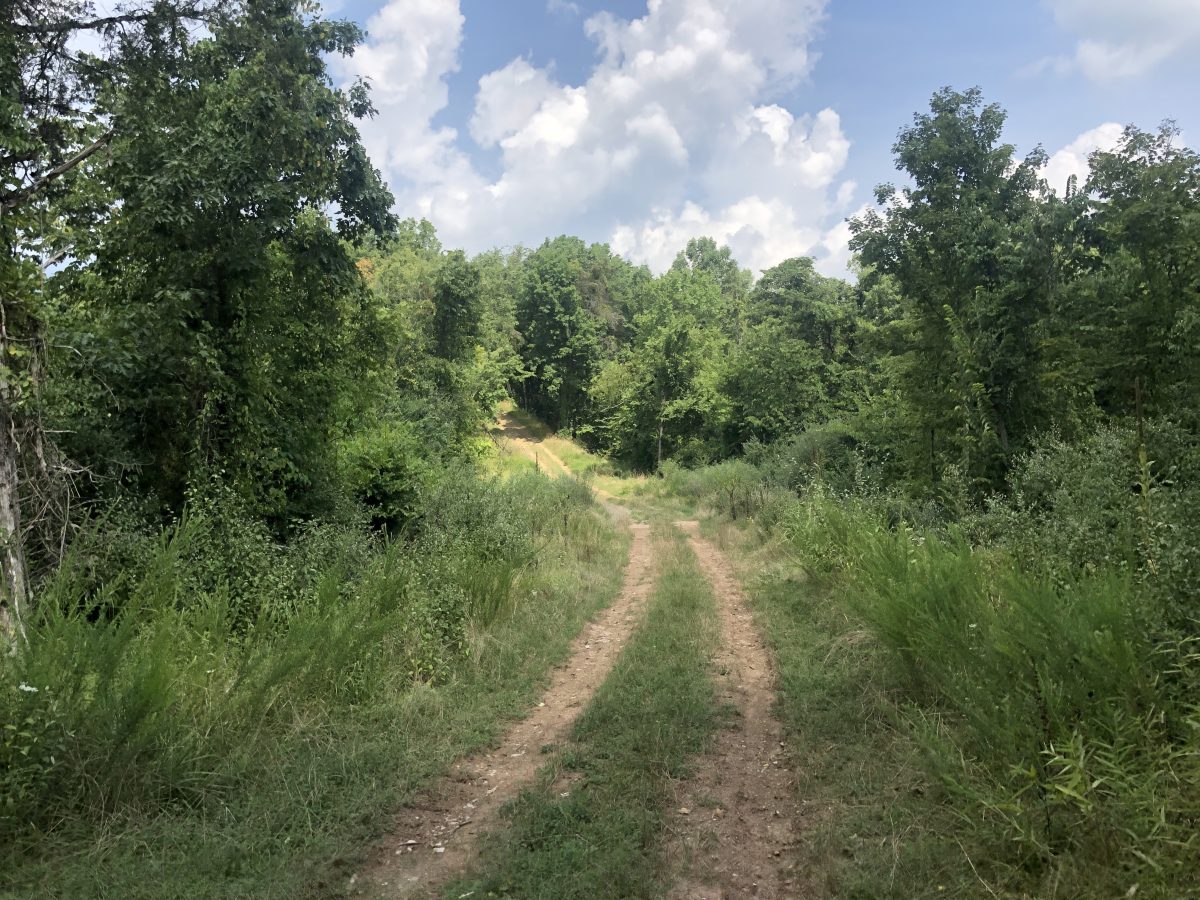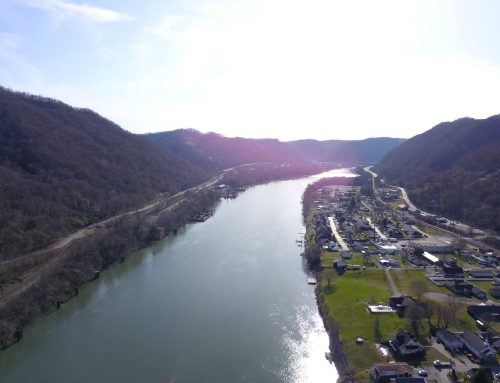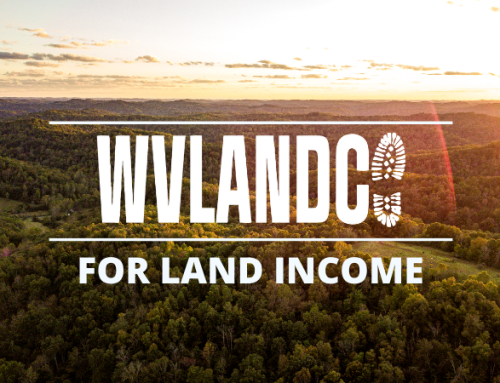As a new landowner, or potential buyer in West Virginia, understanding mineral rights from separate surface ownership can be a disorienting concept if you are not used to this in your area. Understandably, Landowners want the peace of mind that their surface land won’t be disturbed without their say so. The reality of the situation is that drilling companies have the right to disturb the surface in a reasonable manner to develop the mineral resources if they have a lease or ownership of these rights. This poses a risk and some unknowns to land buyers if the sale does not convey mineral rights, but does not mean that separate mineral rights in West Virginia should be a deal breaker for your land purchase.
What Are Mineral Rights?
When dealing with the bundle of land rights, the two main groups that you will be dealing with are surface rights, and mineral rights. Surface rights include everything on the surface including, but not limited to: the ground, any improvements, and most often, timber. Most surface rights will allow digging to certain depth to allow for improvements like a septic system or a water well, as groundwater is usually attached to surface rights. Mineral rights include everything under the ground with some exceptions like groundwater, sand, and limestone in most cases. These minerals in West Virginia typically include coal, oil and natural gas. Precious metals mining in West Virginia is not prevalent.
What Rights do Mineral Owners Have?
Mineral owners have the right to affect the surface as “reasonably necessary” to extract the minerals below the surface. In regard to oil & gas development, this includes both the site work needed for the well pads, as well as any road work needed to access the well for maintenance and inspection. Gathering and transportation pipelines may also be needed for development. This is usually achieved by a lease agreement between the mineral owners and a drilling company, giving the drilling company rights to extract the minerals. There are certain requirements that drillers must adhere to in respect to surface owners. In West Virginia for example, new horizontal wells cannot be drilled within 250 of an existing water well and 600 feet from an occupied residence or large dwelling for livestock (W.Va. Code 22-6A-12) without written permission from the surface owner. The concept of mineral extraction between surface owners and mineral owners is supposed to be a balance. Drilling companies are only to obstruct the surface while still accommodating the rights of the surface owner as reasonably necessary.
What Rights do Surface Owners Have?
Surface owners have the right to make improvements to the land for structures/residences, access groundwater, farming, timber harvesting, etc. However, surface owners do not have the right to stop a drilling company from extracting minerals outside of the legal guidelines that allow minerals to be accessed. Surface owners will have the right of use to the system of roads and trails constructed by the drilling company, which can often improve access to the land
How Do I Know If I Own the Mineral Rights to My Property?
A property owned in ‘fee’ means that all rights to the surface and minerals is owned or conveys. If the deed to the property expressly says ‘surface,’ then minerals do not convey with the sale. This should be made known to anyone intending to purchase a property to give them the full understanding of what they are buying. If mineral rights are not conveyed with the sale, a title search may need to be undertaken by an oil & gas or mineral attorney to see who currently has ownership of the minerals. This may be one owner, or dozens with various fractional shares in the minerals. Being that a lot of the minerals were “severed” by deed from the surface over 100 years ago, this can arise from 3 or 4 generations of mineral ownership being passed down to children, grandchildren and heirs in an undivided interest fashion. This can lead to large amounts of heirs located all over the country, with some maybe even unaware that they have a small ownership of mineral rights in West Virginia. As land agents, foresters, and land managers, we can advise and provide general information on mineral issues and oil & gas development but we do not have the ability to determine the existing ownership of minerals without the assistance of and opinion of an attorney from a mineral title abstract.
What About Timber Rights?
As land agents, we are constantly asked about the status of timber rights to a property. This can be a big concern for buyers wanting the right to harvest there timber for themselves, or preserve the forest on their property. Unlike mineral rights, timber rights in most cases go with the surface rights. Unless otherwise stipulated in a “timber reservation”, timber is considered part of the surface real estate as it stands and becomes personal property once the tree is felled and converted to logs. In very few cases, a seller may reserve the rights to the timber if there is an existing timber contract on the property, for example. This is something that should be expressly stated by the seller. It is safe to assume as a land buyer in West Virginia, that timber rights are included with the surface rights the majority of the time but this should also be verified with the seller. Our land information provided to buyers for a properties with timbers rights reserved will be expressly stated in our sales material.
So What Does This Mean?
Navigating the specifics of ownership can be a bit confusing for land buyers and new landowners in West Virginia. The idea of surface, mineral, and also even timber rights sometimes can seem abstract, and loosely defined. The reality is that a landowner will not have a full picture of what they own, as well as what others own beneath the surface, without seeking the help of an attorney to determine these title and ownership questions and using an experienced land agent professional that is familiar with the day-to-day and ins-and-outs of these on the ground. Properties with mineral rights conveying can be hard to come by West Virginia, where fossil fuels have played a large role in the state’s economy currently, and historically. What this also means is that there is a large population of landowners in West Virginia that only own the surface rights to their land. While there are instances of bad experiences with mineral extraction on property, there are ways that you, as a landowner and land buyer, can have peace of mind that your ownership in the surface can be fulfilling, even with separate mineral ownership. Hundreds of thousands of landowners in West Virginia own, farm, live on and manage their forest and timberlands without ownership of the minerals. Yes, conflicting ownership and development issues can arise but in the day-to-day and in reality these issues are a small fraction of the “surface only” ownership segment in the state.
Reach Out
Feel free to reach out to one of our foresters or land professionals regarding, surface, mineral and timber rights, and to learn about more resources available that can help you answer your questions and become more familiar with landowner rights and land real estate in West Virginia.
Coal rights and development are another aspect of mineral rights ownership in West Virginia. The modern development and mining of coal is a tremendously expensive and extensive permitting process now that is generally only undertaken in currently active mining counties and locations. We can also provide insights on coal rights for land buyers looking to purchase surface land in these historical coal field counties in West Virginia.
Alan Parsons and our other agents and team members are not oil and gas experts, and cannot provide legal advice in regard to mineral rights, oil & gas production and development. We can and do provide real world information from first-hand experience in providing land and forest management services for landowners throughout West Virginia for nearly 30 years.

